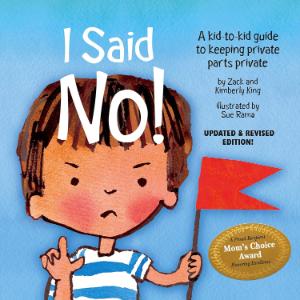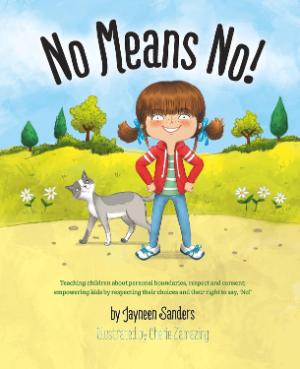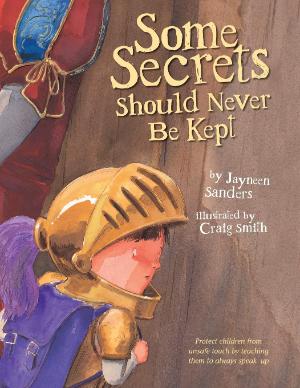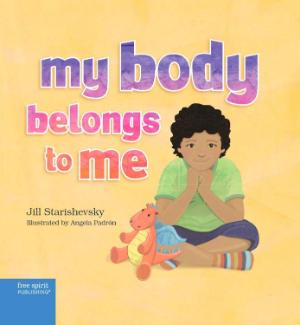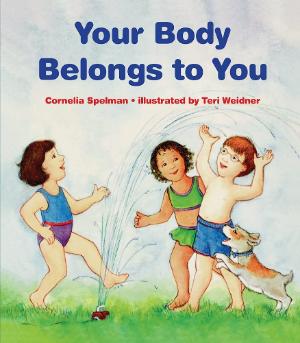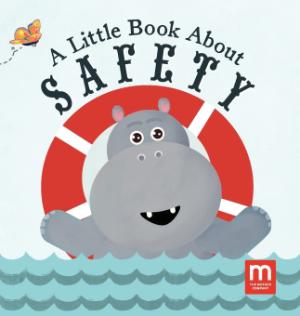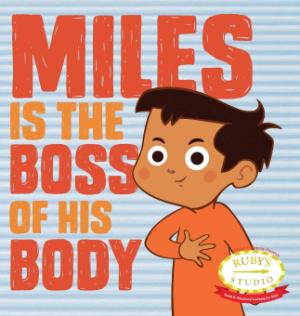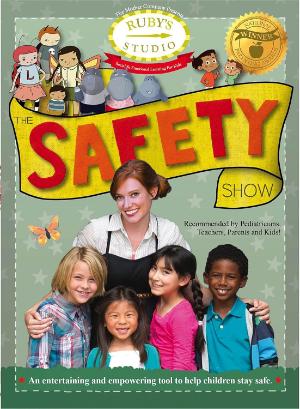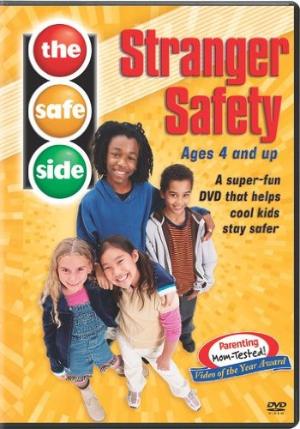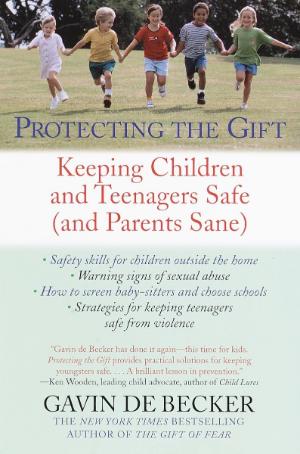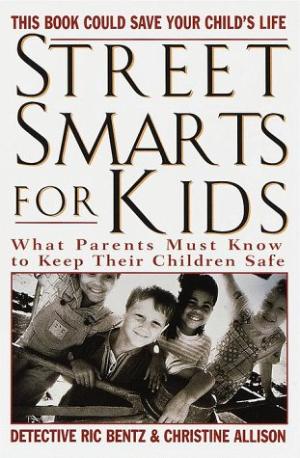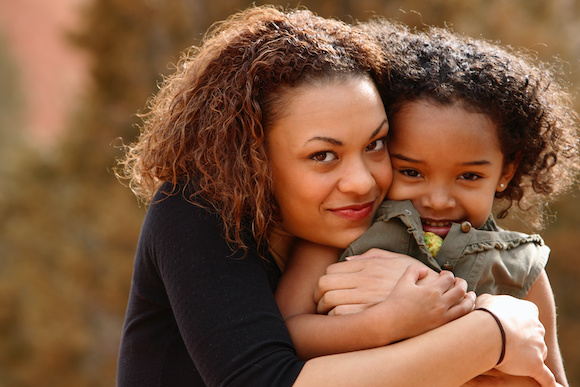
For instance, parents often think a discussion about "stranger danger" is sufficient to protect kids from sexual abuse, but 85 to 90 percent of sexual abuse is committed by someone the child knows and trusts – a parent, step-parent, coach, teacher, older cousin or sibling, religious leader, or babysitter.* A 2011 report from ATSA (Association for the Treatment & Prevention of Sexual Abuse) found that 34 percent of child sexual abuse offenders are family members of the child.** (Sources at end of article.)
We also tend to assume that children are safe as long as we don't leave them unsupervised with adults we don't know well. However, a 2000 report by the Criminal Justice Source Statistics found that the average age of most sex offenders is 14. Since that's an "average" it means that there are many kids younger than 14 who are engaging in activity with another child that could be considered sexual abuse. So even when a child is playing (unsupervised) with another child, there is a risk.
That may seem extreme, but in fact, sexual abuse is a risk for every child. Many researchers estimate that one out of four girls and one out of six boys will encounter unwanted sexual touching of some sort before age 18.
Parents often wonder when to begin talking with children about this issue, because we don't want to introduce such an upsetting topic to an innocent child.
The answer is that we can talk with our children about their bodies in a way that empowers kids and helps prevent someone taking advantage of them, from infancy on. Here are some basic tips to guide you in educating your child to prevent sexual abuse.
Teaching Children Body Safety
1. Use a story as a tool to begin a conversation with your child.
Add a couple of the books in the list below to your child's bookshelf and read them periodically. Use them as a jumping off point to ask questions to reinforce your message.
2. Teach children the correct terms for their body parts.
Teach children the correct terms for their body parts as soon as they can talk. If a child is touched inappropriately, they need to be able to clearly communicate to you or anyone else in authority about what happened. The correct name also lessens shame around sexuality. Can you imagine if your knee was just referred to as "down there"?
3. Teach your child that the parts of their body that go under a swimsuit -- their penis, vulva, vagina, bottom, breasts and nipples -- are called their ‘private parts.'
Private parts are just that -- private. They are sacred because some day when your child grows up, they might use these parts of their body to make a baby. While they are a child, no one touches their private parts except their parents, or a doctor if the parent is present. They are not to touch anyone else's private parts with any part of their body (hand, mouth, etc.)
4. Teach your child that if someone asks to see or touch their private parts
...or shows your child their private parts, they must tell you or another trusted adult straightaway. This is true no matter who the person is, including a relative, sitter, or even another child.
Just say "Sometimes mom or dad helps you wipe when you poop, but no one else needs to touch you there. And you can wipe yourself when you pee, so no one, not even mom or dad, needs to touch you there. And now that you're three, you can wash yourself in the bath, so no one needs to wash you there, either. So if anyone--anyone at all--asks to see or touch your private parts, you must tell me about it."
5. Ask your child questions to help them mentally rehearse the possible scenarios:
- "What would you do if someone touched you on your _______?"
- "Why is it important to tell?
- "Who would you tell?"
- "What would you do if the person said it was 'our secret'?"
- "What if they made a threat, like they would hurt you or me?"
Encourage the child to say they would be brave and tell a parent or a teacher right away, because it’s their body.
6. Role-play scenarios.
Experts say that playing "what if" games with kids gives them a chance to rehearse not only their words but their behavior, because your presence and the "make believe" scenario gives them the courage to resist an advance. That programs their subconscious with a script to use if such an encounter should ever happen.
7. Discuss the importance of the rule “no secrets.”
Put this rule into practice : If someone, even a grandparent, says something to your child like, “I’ll get you an ice cream later, but it will be our secret,” firmly but politely say, “We don’t do secrets in our family.”
Then turn to your child and repeat, “Sometimes we have surprises, but never secrets. We tell each other everything.”
According to Marilyn Van Derbur, author of Miss America by Day, “Those who told immediately or very shortly after the abuse and were believed and supported showed relatively few long-term traumatic symptoms. Those who either did not tell (typically due to fear or shame) or who told and encountered a negative, blaming, disbelieving or ridiculing response were classified as extremely traumatized.”
8. Raise your child with basic body-safety and consent house rules,
Like "We ask people before we touch their body" and "When someone says STOP!, we stop."
9. Encourage your children to tell you about things that happen to them that make them feel scared, sad or uncomfortable.
Listen, reflect feelings, commiserate, hug. If children have an open line of communication, they will be more inclined to alert you to something inappropriate early on.
10. Explicitly discuss with your child that you would never be angry or hold them responsible if someone touches them inappropriately.
When predators groom kids, they tell the child that the parent will punish or stop loving them, if the parent is told about the sexual activity. The child will do anything to keep you from knowing about this, because it is better to suffer the abuse than to lose your love.
So when you read books to your child, discuss the story from the child and parent's perspective. Ask how a child feels who has been inappropriately touched. Do they want to tell their parent? Will they? What are they afraid of? How will the parent react? Whose responsibility is it? Will the parent ever blame the child? This is an important discussion to have with kids more than once so they know that you would never blame them.
11. Never force children to hug anyone, even relatives.
Children need to know they're in charge of their own bodies, and they are the only ones who decide how someone touches them. When your child sees someone they haven't seen in awhile and may not be ready for a hug, ask them "Hug, hearty handshake, or high-five?” Your child gets to decide.
What if Grandma is hurt when her grandchild chooses the handshake or high five? She's an adult. She can handle it, as long as you make a point of speaking with her about this later. I know that might feel hard. But as one mother wrote on my Facebook page: "We need to allow our kids the right to refuse hugging or kissing anyone they don't want to, including family. I think many of us were raised to comply with requested affection as kids. When sexual abuse happens, those ingrained behaviors will only serve to paralyze them instead of thwarting the event. (Sadly, I speak from experience on this.)"
12. Don’t leave your child with anyone, even your boyfriend, unless you completely trust them.
The good and bad news about abuse is that most of it, statistically, is not perpetrated by strangers. It happens at the hands of family members or the mother's boyfriend. Almost all the rest is perpetrated by trusted intimates such as coaches, religious leaders or teachers. Bad news? Yes, these are people your child trusts. But it’s good news because it’s a risk you can usually avoid, if you trust your instincts and pay attention to your child. This is just one of the many reasons that stepparents should never have the responsibility of disciplining their partner's children.
13. Encourage your child to trust their feelings
If something doesn’t feel right, the child should get away as soon as possible and tell you about it. She needs to be told explicitly that it is more important to stay safe and to trust herself than to be polite. It is okay for her to question, disobey, and even run away from someone whose behavior is making her acutely uncomfortable. Predators give signals; your child just needs your support to trust herself in reading them.
***
Sources:
*85 to 90 percent
of sexual abuse is perpetrated by someone the child knows and trusts – a parent, step-parent, coach, teacher, older cousin or sibling,
religious leader, or babysitter. - Peter A. Levine and Maggie Klein, authors of Trauma Proofing your Kids: A Parent’s Guide for Instilling Confidence, Joy and Resilience
** A 2011 report from ATSA (Association for the Treatment & Prevention of Sexual Abuse) found that 34 percent of child sexual abuse offenders are family members of the child.- A Reasoned Approach: Reshaping Sex Offender Policy to Prevent Child Sexual Abuse
I've drawn on four primary sources for this article:
- Jayneen Sander's article Protect Your Child from Sexual Abuse.
Sanders is the author of the book Some Secrets Should Never Be Kept and No Means No! Teaching children about personal boundaries, respect and consent; empowering kids by respecting their choices and their right to say'No!'
- Jill Starishevsky's book My Body Belongs to Me. Starishevsky is an Assistant District Attorney in New York City.
- Gavin DeBecker's book Protecting the Gift: Keeping Children and Teenagers Safe (and Parents Sane).
- 'No secret' families help protect children from sexual abuse by Amy Wright Glenn in the Philly Voice.
Finally, parents often tell me that in addition to the kids' books by Sanders and Starishevsky, their children LOVE:
- The book I Said No! A kid-to-kid guide to keeping your private parts private by Kimberly King.
- The excellent video The Safe Side - Stranger Safety: Hot Tips To Keep Cool Kids Safe With People They Don't Know And Kinda Know.
Links for more recommended books are below.
Don't Miss:
Cyber Smarts: Keeping Your Child Safe Online
Porn-Proof Your Child
Recommended Resources
PLEASE NOTE: These books are Amazon links with photos of the books. If you are not seeing them on your page, it may be that your browser is not picking them up. Please try a different browser. Enjoy!

